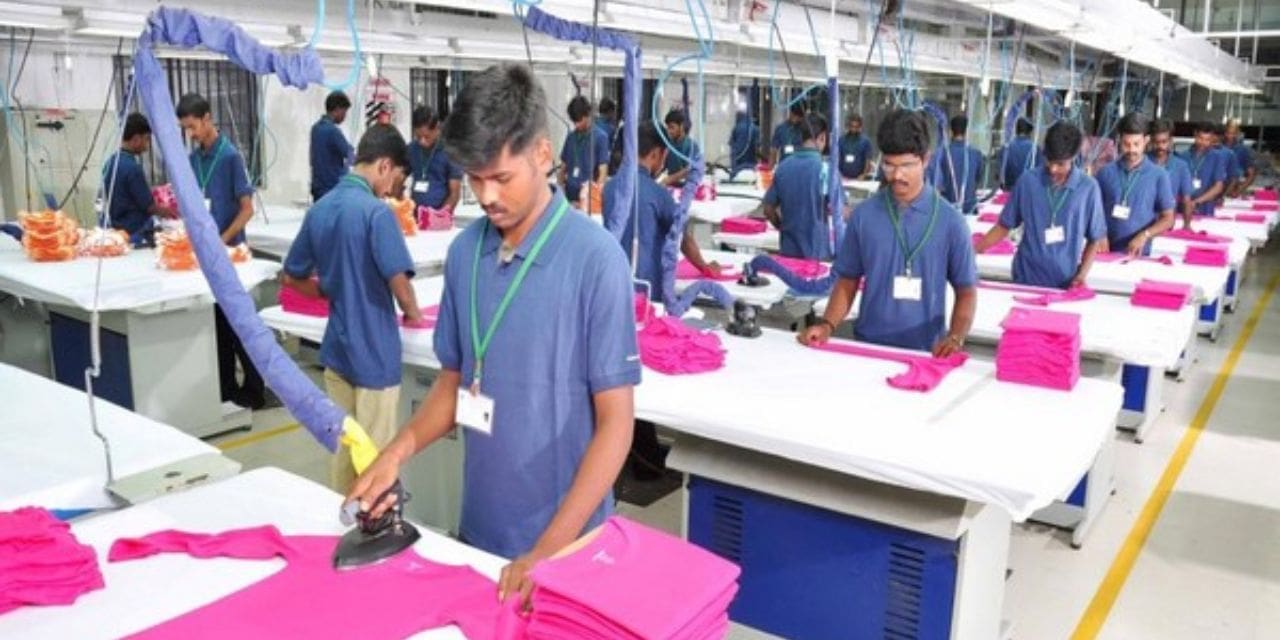After overcoming the twin challenges of the Covid-19 pandemic and the Russia-Ukraine war, India’s knitwear hub Tirupur appears to be on the mend, with exporters hoping that the positive growth recorded in January will continue.
According to industry insiders, the three-month average negative growth in 2022 was 24%, owing to the recurrence of Covid-19 in various European countries, as well as the Russia-Ukraine conflict. So much so that the two issues changed the Europeans’ habit of wearing a specific t-shirt.
“From July to December 2022, exports fell. The three-month average negative growth rate will be 24%. However, it has increased slightly since January. In terms of money, I’d say a 2.
“In rupee terms, the increase is 11%,” Tirupur Exporters Association (TEA) president KM Subramanian said.
Following the Ukraine war, several European countries are experiencing higher inflation, as well as increases in the prices of fuel, power, and, most importantly, essential commodities, he noted. Due to high inflation, a large number of Europeans have stopped making purchases, resulting in non-clearance of inventories.
In Europe, for example, a person will wear a t-shirt three or four times before purchasing a new one. “Now, as a result of the impact of COVID and the war, he has begun to use the t-shirt 10-15 times. As a result, they have begun to be more frugal with their spending,” he explained.
“Because large traders in this industrial belt are micro, small businesses thrive.” They rely heavily on orders from Europe for their small and medium-sized business units. They were disproportionately affected by the pandemic and the Russia-Ukraine conflict. “There is now a positive sign, with the industry growing by 1.5% in January,” Subramanian said.
“Now, the spinning mills are being operated on a daily basis because of rising demand. “This is a good sign for exports,” he said. “Actually, if you see the growth in January it is 1.5 per cent growth recorded on exports. “It’s not a huge increase compared to the same period last year,” a senior official of a knitwear unit said, but he seemed optimistic about the labor-intensive sector’s prospects.

